By Nikolaos Prakas and Iole Damaskinos
With hundreds of tractors and pickup trucks, farmers demonstrated in front of the EU House on Monday over the controversial nature bill currently being debated in the EU parliament, which will see further axing of pesticide use.
Last week, politicians in the EU debated what was the best plan forward to restore the continent’s deteriorating natural habitats.
EU lawmakers, who have been battling for weeks over the proposal to restore the habitats on 20 per cent of EU land and sea, did not reject the bill entirely but ran out of time to agree on what binding measures it should contain.
Cypriot farmers said that this new law would see a ban in pesticide usage, which would heavily affect their livelihoods.
Calling on the government to block some points of the EU legislation being debated, farmers closed off main streets in the capital with a large convoy of 600-800 pickup trucks and about 300 tractors that went to the EU House via the presidential palace.
Speaking after handing over a protest memo to the government spokesman at the presidential palace, the head of the Cypriot Farmers’ Union (Eka), Panicos Chambas said: “We gave a memo and requested the president, the [agriculture] minister, and the negotiating council to stop efforts for Cyprus to be financially and agriculturally destroyed with this regulation.”
In the memo, addressed to the president, the agricultural organisations request the president’s support in the struggle of farmers in Cyprus and Europe, “for a review of this destructive policy for agriculture, to ensure the survival of our farmers and to achieve the development of the Cypriot agricultural sector.”
The memorandum was signed by the organisation Pek, Eka, the Pangrotikos Association, and the New Agricultural Movement and Eurofarmer.
Similar protests have taken place around Europe, including the Netherlands and Belgium, where farmers protested in front of the EU parliament.
Voting on the law will resume on June 27, before a decisive vote in the full EU Parliament.
EU countries plan to agree their position on the law next week. Draft negotiating documents seen by Reuters showed countries plan to weaken, but not reject, the law.
The European People’s Party, the EU parliament’s biggest lawmaker group, had called for the proposal to be rejected entirely on the grounds that it would hurt farmers and food security.
In their comment on the protest on Monday, the agriculture ministry said that it shares the concerns of agricultural organisations.
The ministry added that it “aims, through consultation and transparency, to find a compromise solution in such a way that there is food sufficiency as well as sustainable production in the primary sector, as well as safe products that will end up on our plate and will not burden our health.”
The ministry said that together with representatives of the department of agriculture, they have been participating in the working groups that have been discussing the regulation for months.
“The aim is to improve the current legislation that provides for a reduction in the use of pesticides and to find alternative options and solutions to protect our health as well as that of our children,” the ministry said.
During the protest, farmers called for government support to overturn the commission’s proposal to ban the use of conventional pesticides in Natura 2000 areas and areas near rivers and dams, as well as in residential areas.
Speaking on CyBC radio in the morning, Chambas warned that if the commission’s proposal is implemented, 79 per cent of Cyprus’ agricultural land will be lost and the country will become dependent on expensive food imports.
“They dressed it up nicely, to look like an environmental proposal,” Chambas said, who implied that the EU policies are tainted by greenwashing.
He claimed if the proposal is implemented Cyprus’ food sovereignty would be seriously compromised as huge areas of land would become prohibitively expensive for local farmers to farm.
The proposal would either see the abandonment of these areas, such as Achna, the Marathasa valley, Solea, Amiandos, Platres and Paphos river valleys, or hugely inflated local food prices, or absolute dependence on imported food, Chambas said.
Biodiversity needs to be protected; however, this cannot be done simply by imposing heavy-handed rules on farmers, according to the Panagrotikos spokesman.
Union President Kyriacos Kailas echoed concerns that the commission’s proposal was unfeasibly strict and warned that farmers will be forced to leave the profession.
“There is no alternative to conventional pesticides at the moment,” Kailas said, noting that biological pest-control was far more expensive.
“The Mediterranean fruit fly, for example, can decimate production,” Kailas said.
“If we are limited to using only biological products, as things currently stand, we will be priced out of the market by competitors from other countries, including third countries.”
According to Kailas, even some previously approved conventional biological pesticides would be banned under the EU’s latest proposals.
“There must be a limit, sudden and strict regulation is not the answer,” Kailas said.
EU Commission representative Athanasios Athanasiou assured the proposal is still entirely under negotiation and not a “take-it-or-leave-it” deal.
“Nothing is happening behind closed doors, there is no conspiracy at the EU level,” Athanasiou said.
He also noted that were the proposal to go ahead, following deliberation and voting, farmers would be covered during a five-year transitional period with EU subsidies.

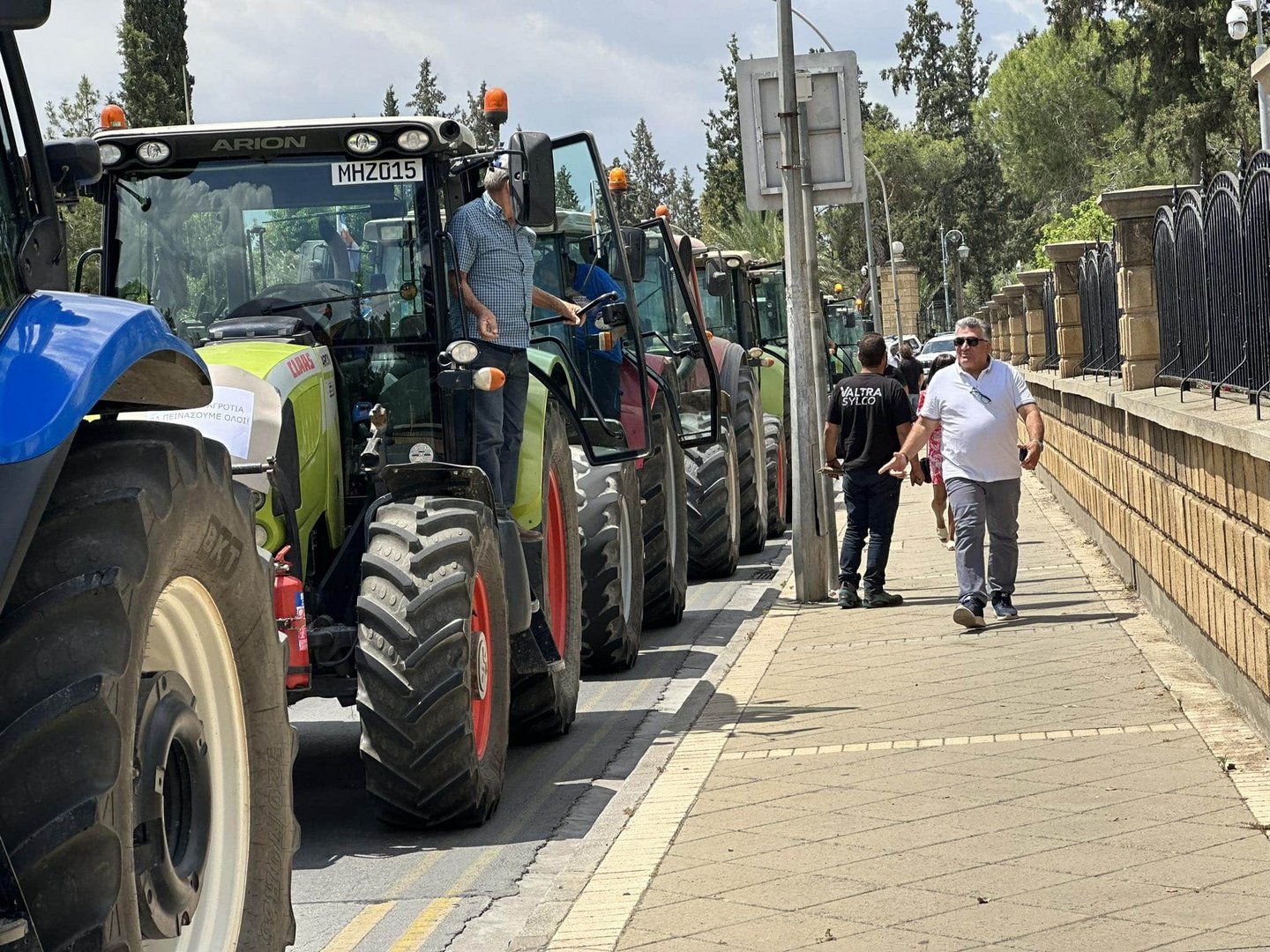
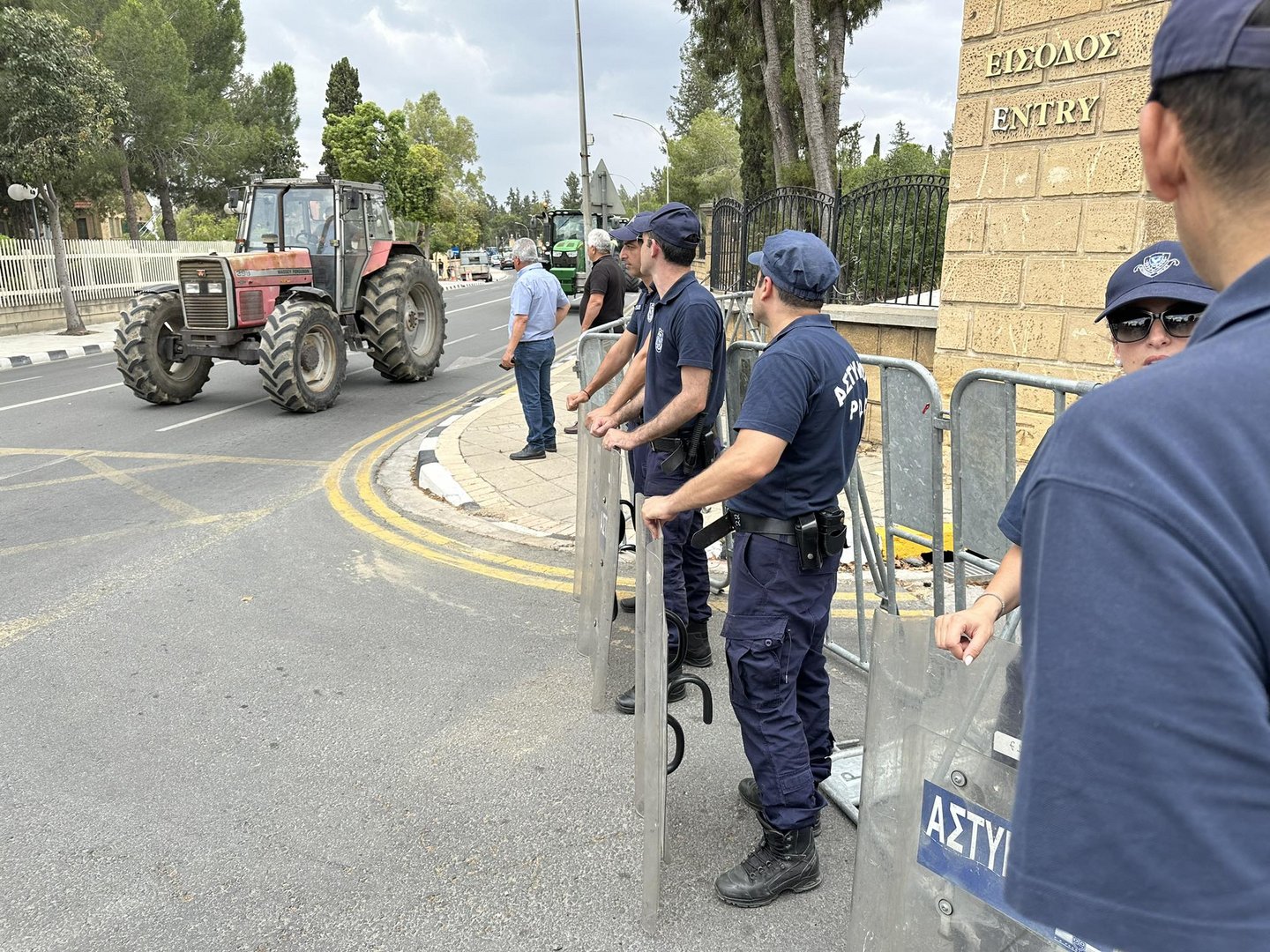
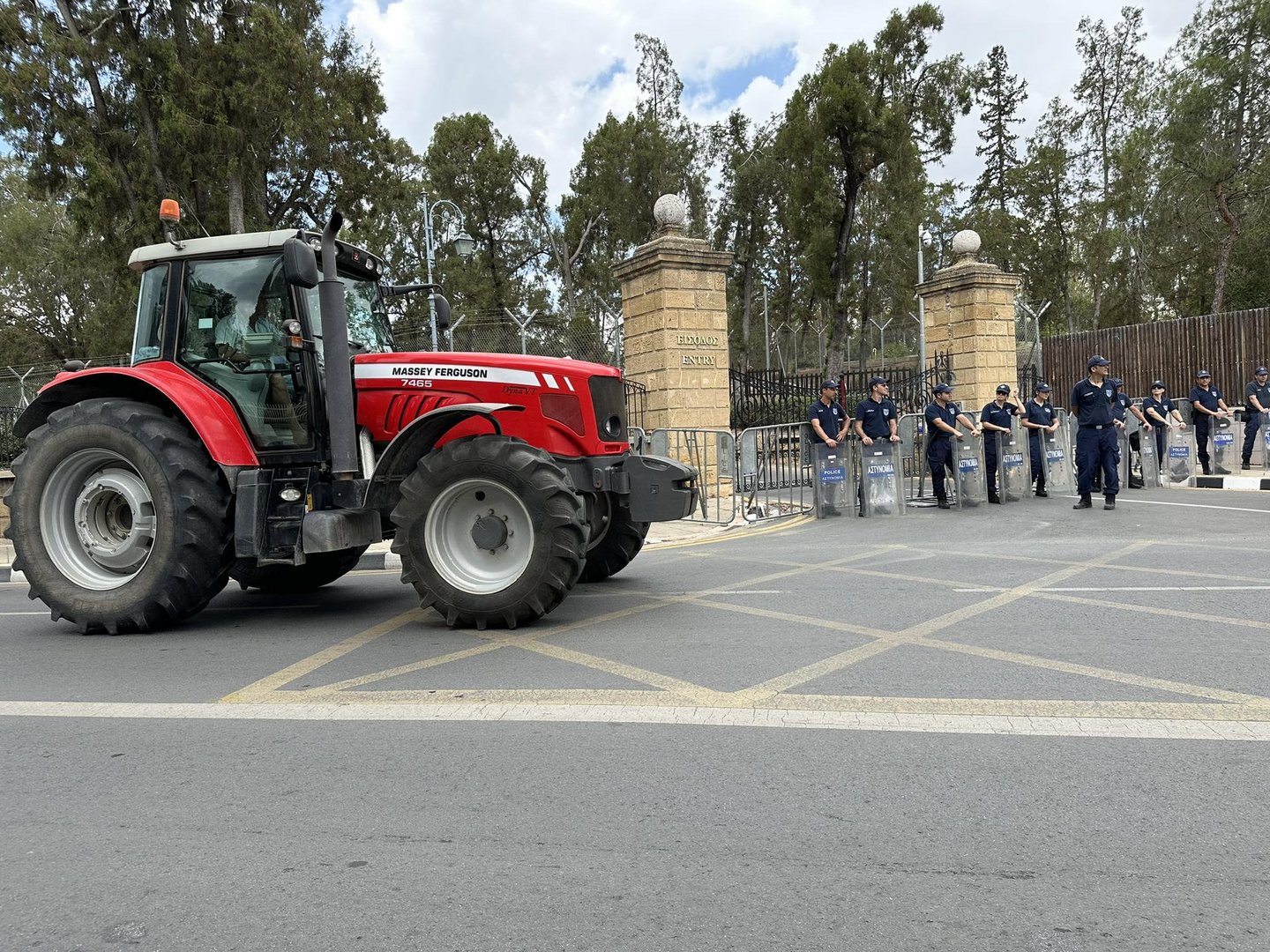
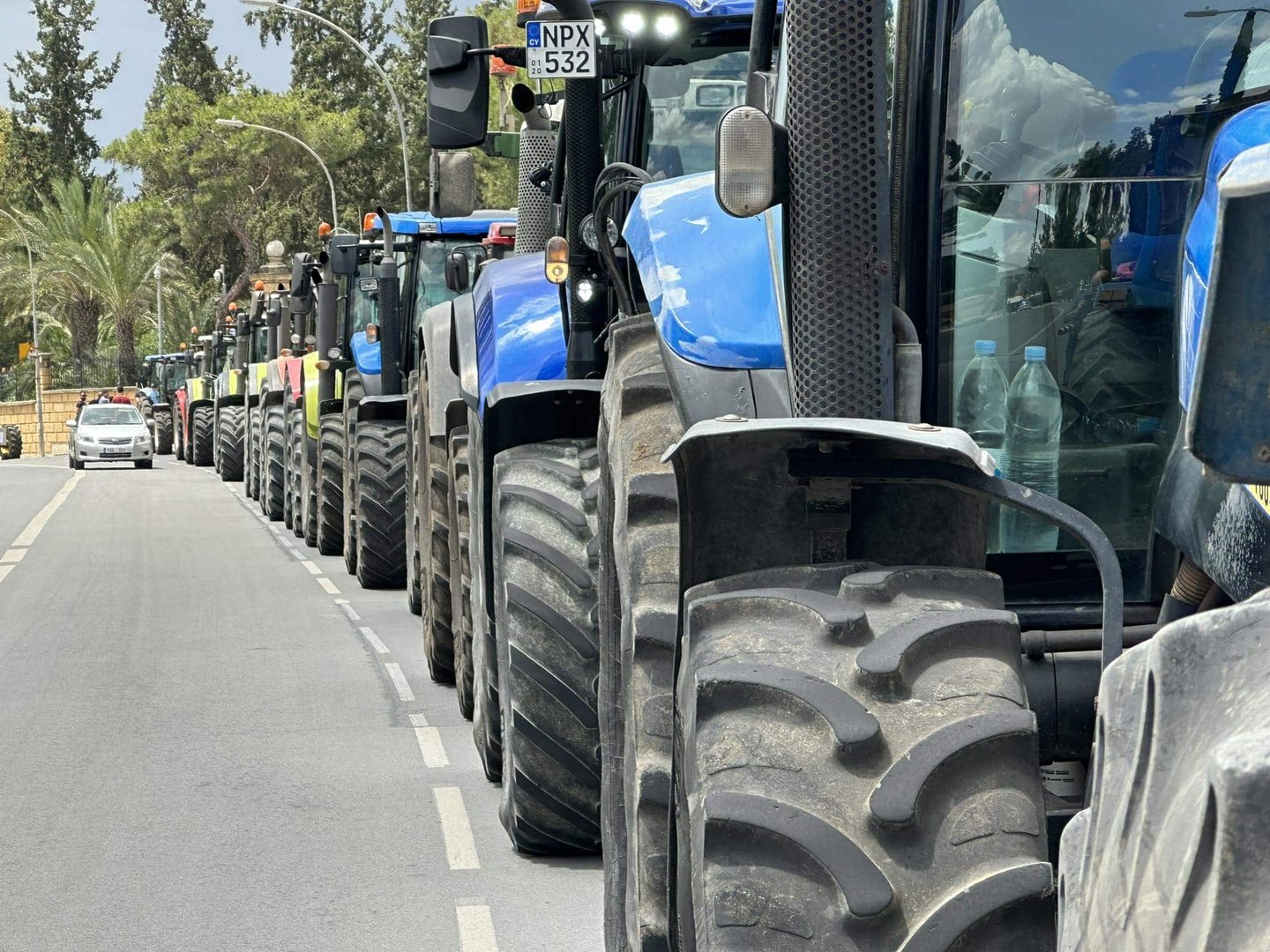
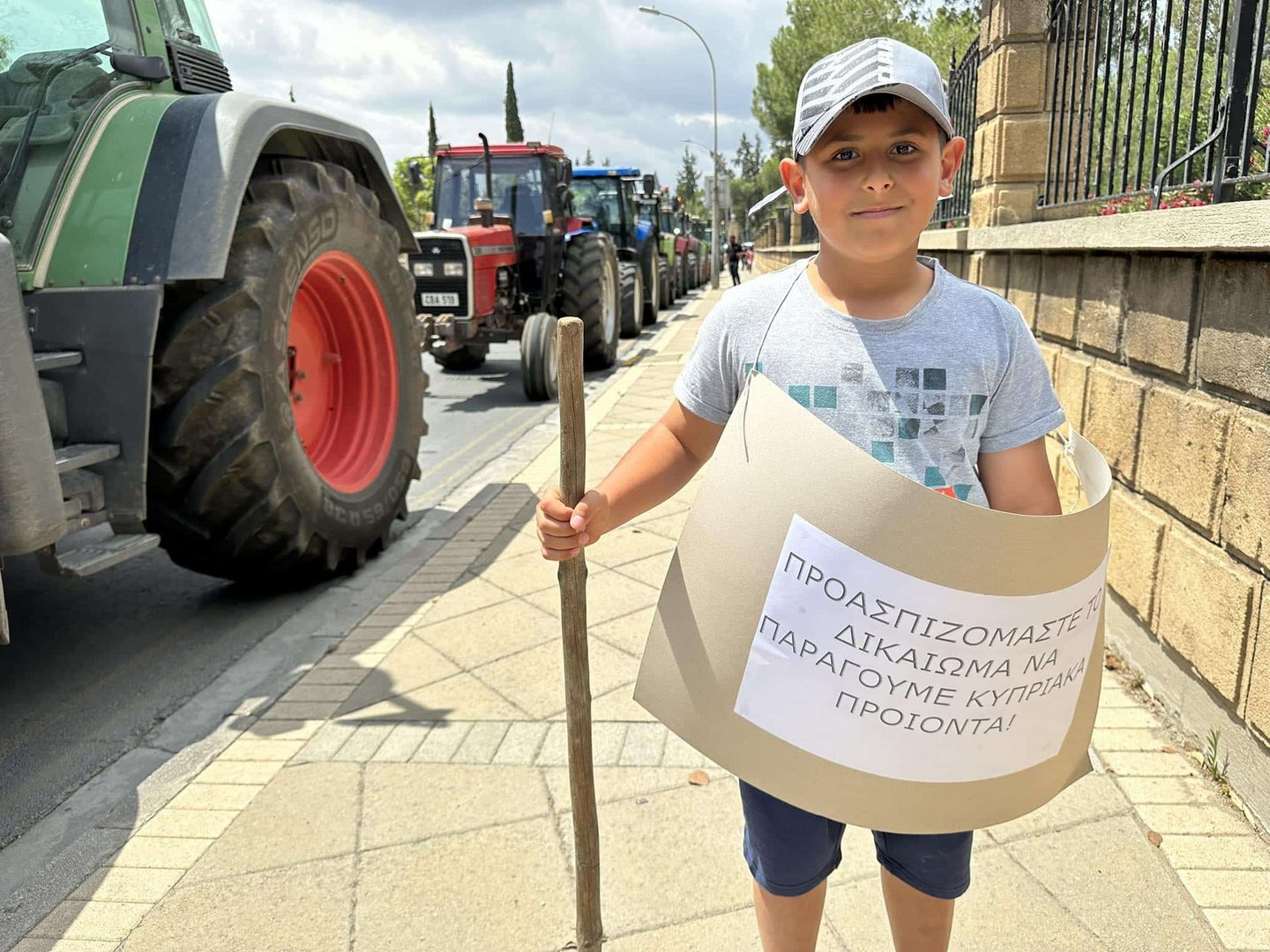





Click here to change your cookie preferences